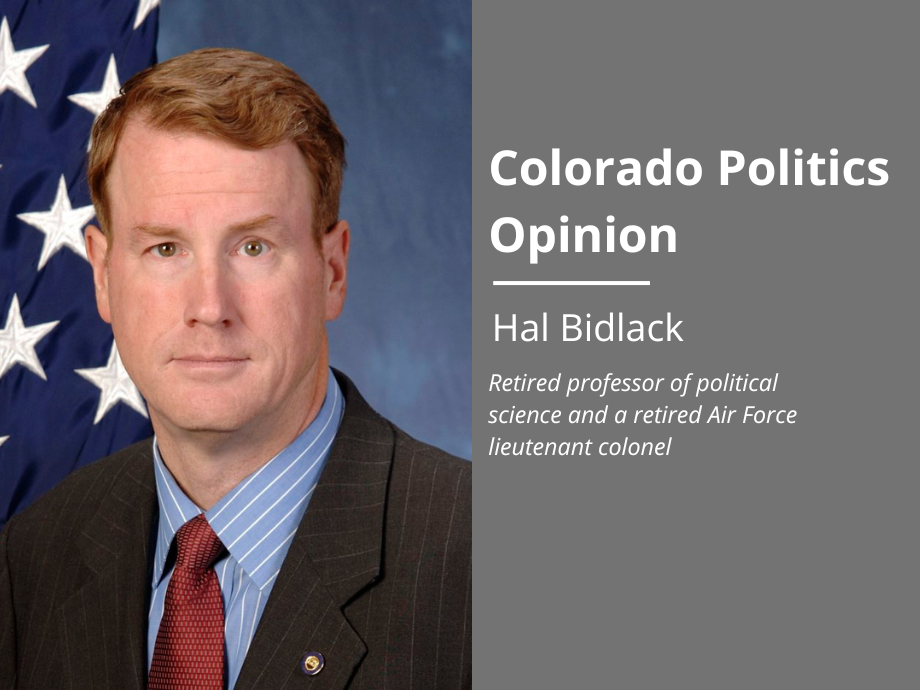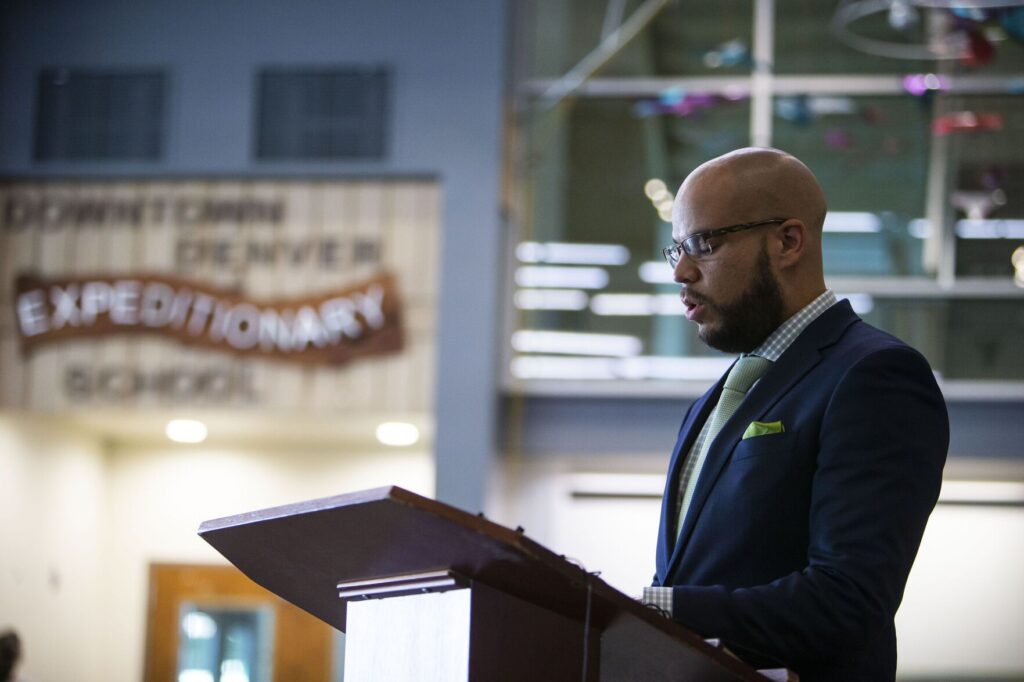Legislating tips? | BIDLACK


As we reach the end of the Colorado legislative session for this year, we can look back over the past few months to see quite a variety of important issues addressed by our elected folks. The session is scheduled to formally end on Monday, May 8, the same date I am crafting this missive. As reported in Colorado Politics, hundreds of bills were considered, and hundreds more were awaiting action as the session’s end neared.
And as always the case, the legislature considered issues across a wide variety of vital issues, from guns to criminalizing the making of fake 911 calls. It is always tempting, of course, to wax philosophic on issues of critical importance that impact the most people in Colorado (Editor: yes, please). But I’m not going to do that. Instead, I want to look at a bill that to many people might seem less vital and pressing.
Stay up to speed: Sign-up for daily opinion in your inbox Monday-Friday
So let’s take a look at House Bill 1146, now on its way to the desk of our terrific governor, Jared Polis. If signed, the new law will largely ban Colorado employers from punishing employees who take tips. Not exactly the most exciting of legal actions, but for lots of folks – especially those who tend to find themselves on the lower end of the socioeconomic scale – this is really important. Basically, with a few exceptions, if the bill becomes law, employers will be not be allowed to forbid employees from accepting tips.
Back in the last century (which is literally true, wow) I worked for McDonald’s for much of my high school and college years, in a company that then prohibited accepting any tips, even though we generally worked for minimum wage. I do remember two people who really wanted to tip me (I was pretty good at fast food) and when I didn’t accept, they asked to talk to the manager, who explained the company policy.
But the difference between me and workers now is that I was a 17-year-old kid back then, working for money to spend on model rockets (yup, and Estes Rockets is still located in Penrose). Today, far too many adults are trapped in low-wage jobs as their primary employment. Banning tips in a state that ranks in the top-5 most expensive housing markets may be well intended, but ends up being, well, frankly cruel to the low-wage employees.
Now, let me state for the record I truly hate tipping. Part of that comes from it not always being clear when tipping is expected. If you are dining in a restaurant, the odds are quite high that your waitperson is working for well below minimum wage on the assumption that tips will make up the difference, so tipping is vital. Frankly, I would much rather every restaurant, barbershop, and other tip-based employer would just pay their workers a full and reasonable working wage, and charge me the actual cost of, say, dining out, as much of the world does. But until that day arrives, we are stuck in a tipping economy.
I remember years ago learning that tip supposedly stood for “to improve prompt service,” and that a tip’s size would be a reflection of the quality of service one received from a business. Even if that were true at some point, it isn’t any longer. Far too many businesses assume that tips will make up for a shortfall in hourly wage. Tips are a vital part of many employees’ basic income, and to deny tipping or to “teach them a lesson” by tipping only a little bit is, well, mean. Now, if you just got the worst service in the history of humanity, I’m not saying you need to tip 20%. But rather than take out, say, slow food service on the server (who likely had nothing to do with a kitchen being slow), tip the waitperson and then ask to talk to the manager. As a former McDonald’s manager, I can assure you that such conversation matter and actions can be taken to improve service. That is much preferred to a snarky note on the bill.
I have been quite lucky to have never worked as an adult in business that assumes tips will be part of my income. The Air Force, where I served for a bit over 25 years, really frowned on accepting tips, especially when I was a nuclear weapons delivery officer. When I worked for U.S. Sen. Michael Bennet tipping was, of course, never an issue. Heck, if someone has offered me a tip, I think I’d have had to tell the FBI because another word for money given to a Senate staffer is “bribe.” Oh, and it turns out that no one wants to tip a writer here at Colorado Politics, so it’s no big deal here, which I’m sure makes my editor’s lives less stressful (Editor: yes!).
So, I tip. And you should too.
My wife tips better, so she usually settles the bill in a restaurant. But I tip my barber at the Air Force Academy barber shop, even though the basic military haircut I continue to wear takes about 30 seconds and the proper-sized bowl. I tipped the guys who installed my new stove, and I always tipped the guys doing the heaving lifting during a military move from one base to another. But I don’t tip the check-out clerk at the grocery store, nor do I tip the guy at the hardware store who sells me, well, hardware. But I do tip the pizza delivery guy. Confusing, eh?
Until there is fundamental structural change in our economic system around the question of wages, tipping will continue, and should be protected as this new law will do. If I could snap my fingers and let every worker get a living wage, I’d happily leave tipping in the dustbin of history. But until that unlikely event occurs, please keep tipping the folks for whom such tips are the difference between being homed and homeless, debt-free or in debt, and able to support a family on one job, rather than two or more. It’s the kind thing to do.
Hal Bidlack is a retired professor of political science and a retired Air Force lieutenant colonel who taught more than 17 years at the U.S. Air Force Academy in Colorado Springs.













